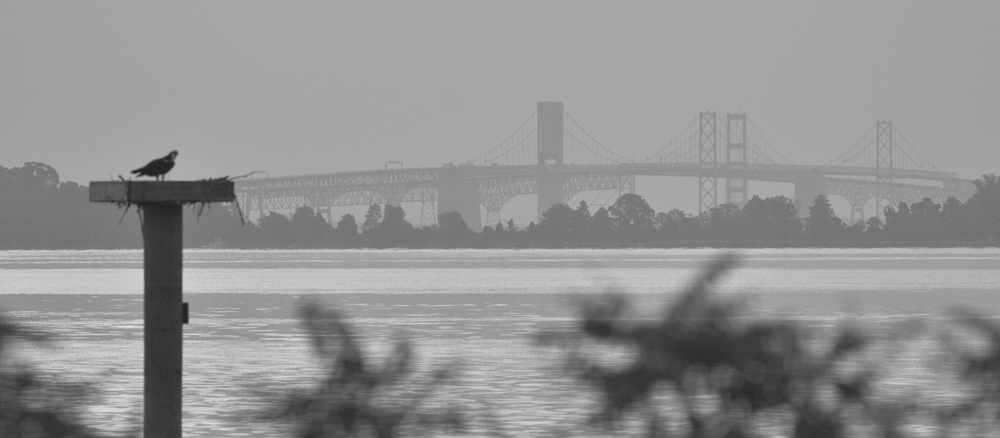Work and weather have conspired against me once again, but I did get out for a few hours over the last few days. The birding doldrums are on us, but here’s a few images that are passable.

This is Blackie, the abandoned cat we’ve adopted. She stays outdoors, but drops by for a daily meal.


I had ID’d this as a Monarch, but the experts tell me it’s a Viceroy.
Wikipeida:”The Viceroy (Limenitis archippus) is a North American butterfly with a range from the Northwest Territories along the eastern edges of the Cascade Range and Sierra Nevada mountains, southwards into central Mexico.
Its wings feature an orange and black pattern, and over most of its range it is a Müllerian mimic[1] with the Monarch butterfly (Danaus plexippus). The viceroy’s wingspan is between 53 and 81 mm.[2] It can be distinguished from the Monarch by its smaller size and the postmedian black line that runs across the veins on the hindwing.[2″

“The Eastern Phoebe is a small passerine bird. This tyrant flycatcher breeds in eastern North America, although its normal range does not include the southeastern coastal USA. It is migratory, wintering in the southernmost USA and Central America. “








